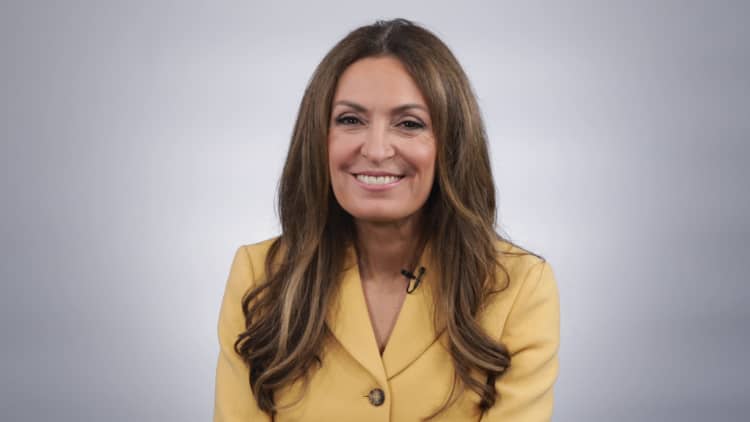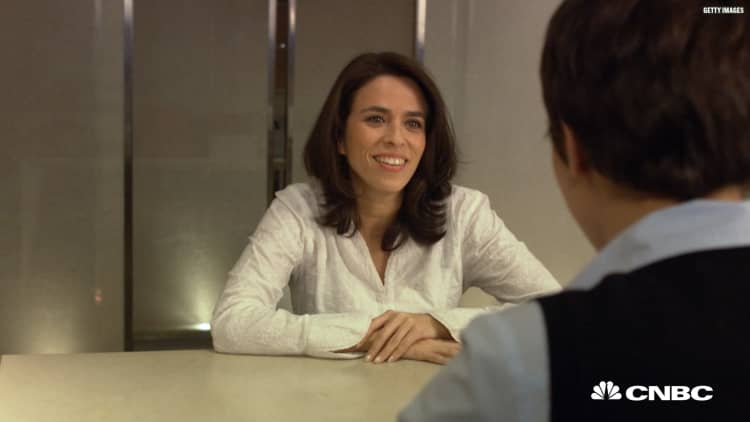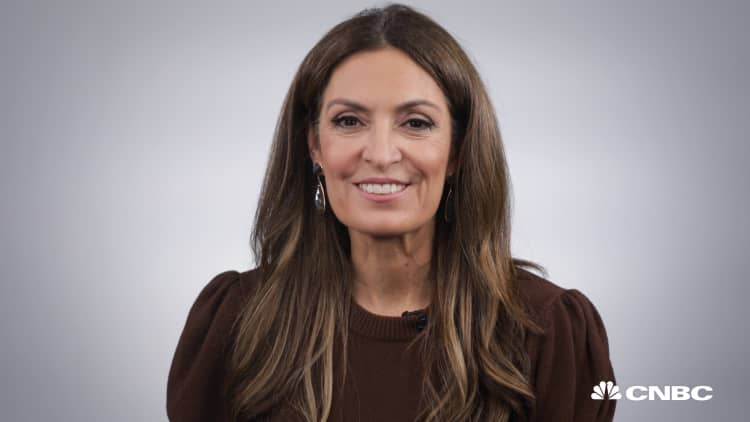Everyone has experienced awkward interview moments that leave you wishing life had an "undo" button.
Maybe your awkward interview came in the form of a potential employer asking you about a skill set that wasn't outlined in the job description, or maybe your nerves simply got the best of you and you blanked on how to respond to a simple question.
Whatever the case, it's possible to recover. Career coach Maggie Mistal spoke with CNBC Make It and shared two ways to rescue an awkward interview, before it's too late.

Speak up
Often when we are faced with an unexpected question such as "How would a former boss describe you," or when an interviewer gives an awkward facial expression after an unexpected answer, we try to push past the moment as quickly as possible. But rather than ignoring the awkwardness, Mistal suggests job seekers speak up and start a conversation about the exchange that just took place.
"I tell people to stop and notice what just happened, and I tell them to talk about it," says Mistal, who also served as a career coach for Martha Stewart Living Radio. "Ask, 'Did you not like what I just said? Do you want to talk about something else?'"
By taking a moment to address the awkwardness, both the employer and potential employee are able to get on the same page about the direction of the interview in order to see if they are a match for one another.

Be honest about the qualities you can contribute
Sometimes an awkward situation is created by an employer outlining expectations of a job that don't quite align with the abilities of the candidate. Rather than going with the flow and saying you're qualified to do tasks that you aren't, Mistal says job seekers shouldn't be afraid to acknowledge what qualities they do and don't bring to the table.
"If there is something an interviewer wants and you don't have it, you can turn that interview around and say 'No, I can't do that, but here is what I can do,'" says Mistal.
To improve your confidence about stating what you can and can't do, Mistal suggest professionals go into each interview with a clear sense of what they would ideally want their next job to look like so that they're able to be up front about what they can contribute.
"If you're going into an interview and you don't know why you're sitting there other than because they have an opening, that's not going to lead to happiness," she says. "If something is not going to work, then be honest and talk about what can work."
Mistal says that speaking confidently about the qualities you bring to the table can in some cases lead an employer who likes you to alter a position to better fit your strengths.
"I know for a fact that interviewers will change certain job responsibilities if they find the right candidate," she adds.
But know if the job just isn't the right one
Not all awkward interview moments should be dismissed as the normal result of a high-stress situation. Mistal suggest that some experiences — like a rude interviewer or inappropriate questions about your political views or personal life — can be a red flag that this isn't the job or work environment for you. In that case, she says, you should trust your instincts.
"We approach job interviews with always wanting to win," she says. "If there is an awkward moment in an interview, sometimes that job is not a fit for you."
Like this story? Like CNBC Make It on Facebook
Don't miss:



